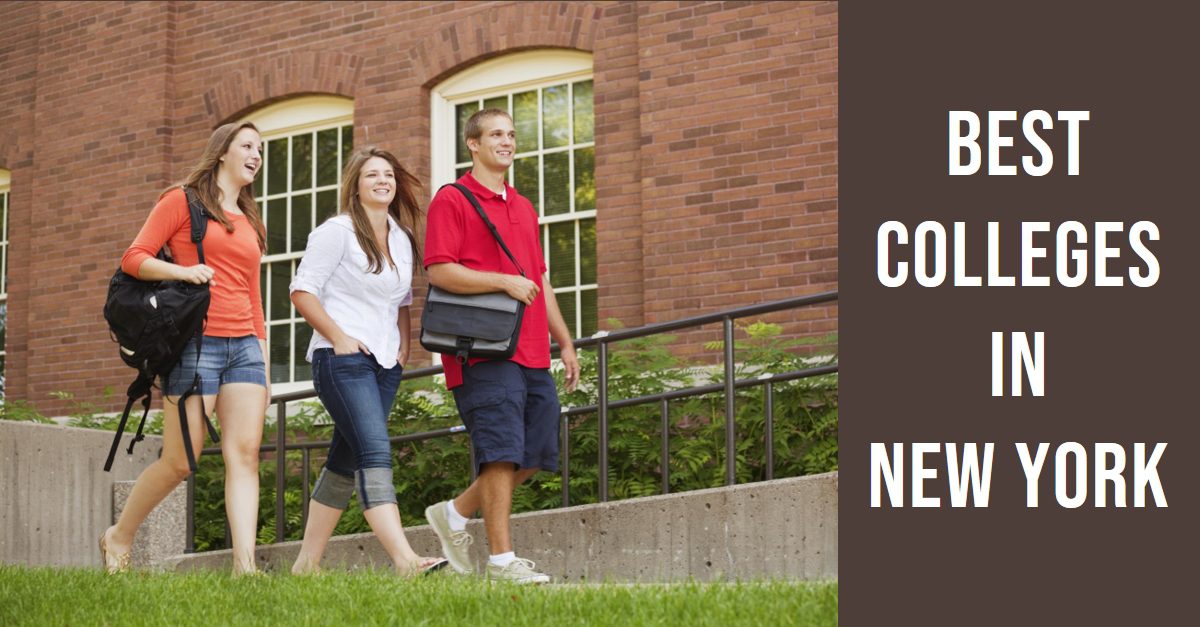New York offers a diverse education system, catering to the needs of both local and international students. Let’s dive deep into what this system entails.
Public vs. Private Institutions New York is home to both public and private academic institutions. While public schools are funded by the government and often offer more affordable tuition rates, private schools are independently funded, usually through tuition fees and donations. While tuition at private schools might be higher, they often offer unique programs and smaller class sizes.
Colleges vs. Universities Many often wonder about the difference between a college and a university. In New York, colleges typically focus on undergraduate education and may specialize in certain disciplines, like liberal arts or engineering. Universities, on the other hand, offer a broader range of programs, including undergraduate, graduate, and doctoral degrees. They often have larger campuses and more extensive research facilities.
Importance of Accreditation and Recognition Choosing an accredited institution is crucial. Accreditation ensures that the school meets specific academic and operational standards. It’s a seal of quality and assurance for students, employers, and other educational institutions. Before enrolling, always check if the school has been accredited by a recognized agency.
Ranking Criteria and Researching Schools
School rankings can provide valuable insights but remember, they’re just one piece of the puzzle.
Importance of Rankings Rankings offer a snapshot of how an institution performs against others. They consider factors like academic reputation, faculty credentials, and graduation rates. However, it’s essential to look beyond the numbers. What’s most important is finding a school that aligns with your personal and academic goals.
Checking School Reputation and Student Reviews While rankings provide a broad overview, digging deeper into the school’s reputation is equally vital. Talk to current students or alumni, read online forums, and attend open houses or virtual tours. First-hand experiences can provide insights that rankings alone can’t offer.
Financial Aspects of Education
Education is an investment, and understanding the financial aspects is crucial for making an informed decision.
Tuition Fees The cost of education varies widely between institutions. Public schools generally have lower tuition fees, especially for in-state residents. Private schools, with their unique offerings and smaller class sizes, might charge more.
Scholarships and Financial Aid Many institutions offer financial assistance to deserving students. Scholarships are often merit-based, while financial aid might consider both merit and financial need. It’s worth researching and applying early to maximize your chances.
Return on Investment and Future Prospects Consider the long-term value of your education. While initial costs might be high, think about the quality of education, the network you’ll build, and the job opportunities post-graduation. Some schools, especially those with strong alumni networks, can significantly boost your career prospects.
Extracurriculars and Campus Life
Beyond academics, an institution’s extracurricular offerings and campus life play a pivotal role in shaping students’ overall experience.
Importance of Holistic Education An education isn’t just about hitting the books. Holistic education aims to nurture students in all aspects, be it physical, emotional, or social. Participating in sports, joining various clubs, and attending cultural activities can aid in building essential life skills, fostering creativity, and promoting teamwork.
Campus Culture Every school has its unique vibe. The campus culture reflects the institution’s values, traditions, and the student body’s collective spirit. Some institutions may be known for their spirited athletic teams, while others might take pride in their artistic endeavors or academic prowess.
Housing and Facilities A significant part of the college experience is where you live. Many institutions offer on-campus housing options, ranging from dormitories to apartment-style living. Besides housing, look for other amenities like libraries, fitness centers, and dining options. These facilities can greatly enhance your college experience.
FAQ
How important are extracurricular activities in the admission process?
Many institutions value a well-rounded student, so being active in extracurriculars can bolster your application. It showcases commitment, leadership, and other qualities that academics alone might not reveal.
Can I change my major after enrolling?
Most schools allow students to change their major, though the process can vary. It’s crucial, however, to consider the implications on your graduation timeline.
What safety measures do campuses have?
Institutions prioritize student safety. Many have campus police, emergency call stations, and safety apps. It’s a good idea to check the school’s safety record and measures in place.
Conclusion
Choosing the right academic institution is no small feat. It requires thorough research, introspection, and often, multiple visits or interactions. But at the end of the day, trust your instincts. Consider both tangible factors, like rankings, and intangible ones, like campus vibe. Remember, it’s about finding the best fit for you. Wherever you choose, make the most of the experience, engage in activities, build networks, and above all, enjoy the journey.





